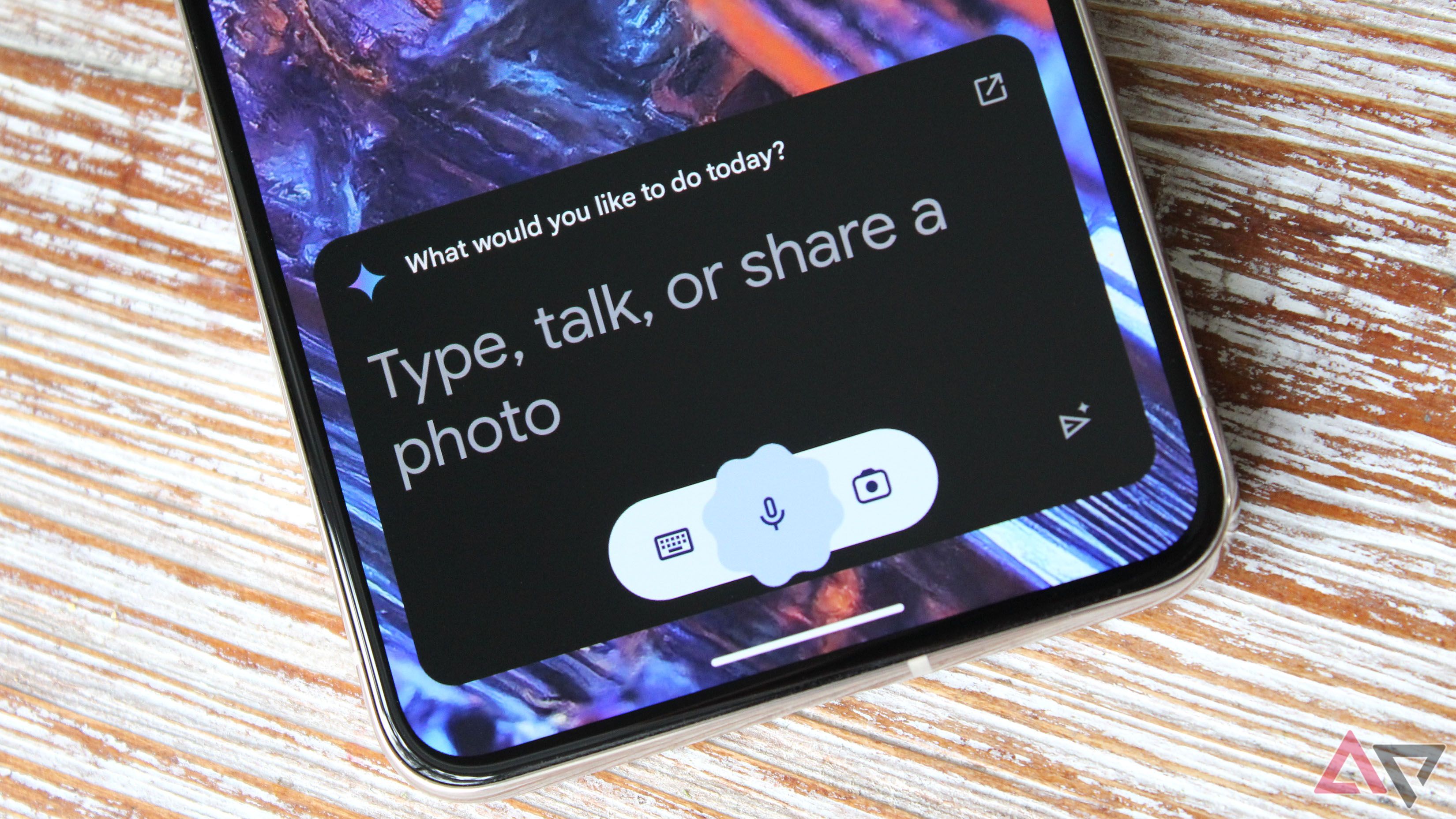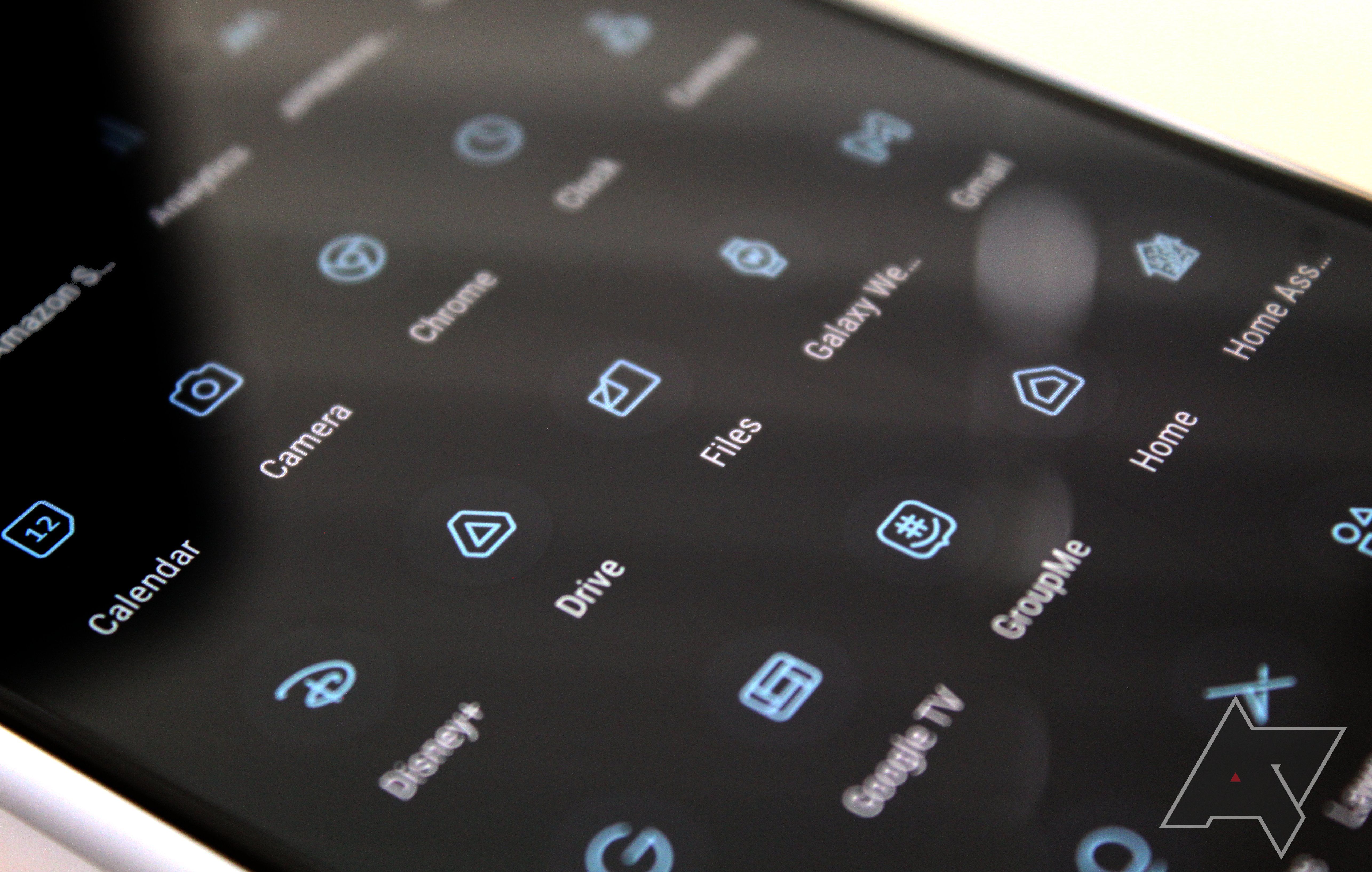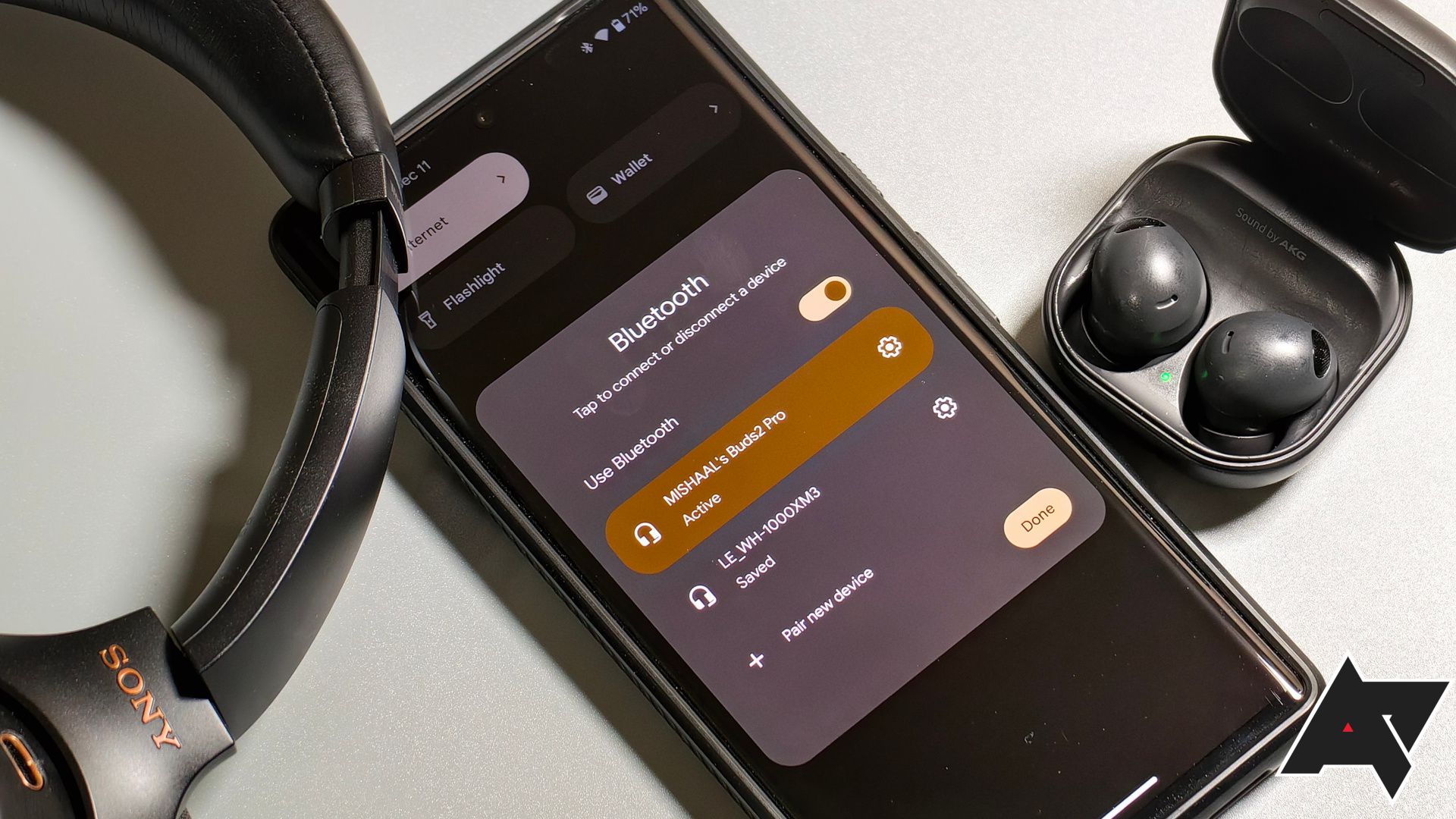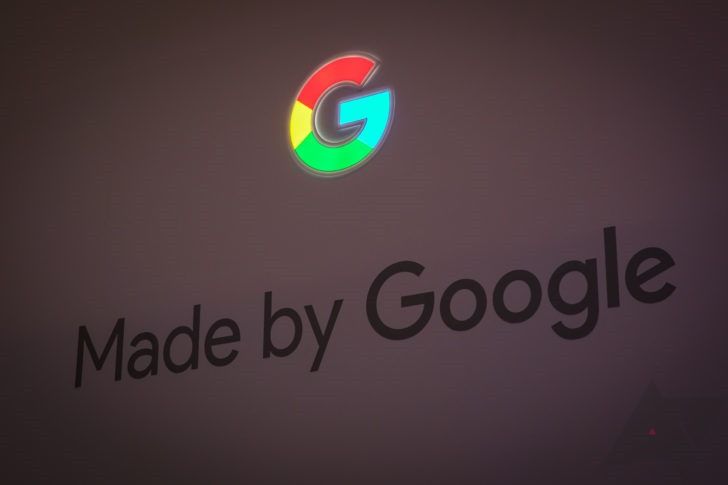Things move fast in the Android world, so nobody would blame you if you fell a little behind on the latest happenings. Just this week, Google has been gearing up to launch what will likely become the world’s biggest network of location-aware devices, and that’s not even counting all the Android 15 developments that have been trickling in. A bizarre trend of old apps resurfacing started to take shape in the last seven days, and recent firmware updates from Android’s two biggest names have been less than flawless. Oh, and wouldn’t you know it — Google went and killed another app in this week’s five biggest Android headlines.

Catch up on last week’s biggest Android headlines here
Gemini infects a new host and Galaxy AI goes mainstream in this week’s news
Fan favorites make a comeback
Way back in 2015, when the foremost Android gallery app, QuickPic, was purchased by adware merchant Cheetah Mobile, opportunistic developers scrambled to fill the void. One of the apps that cropped up in this time was Francisco Franco’s Focus gallery. Some time later, the developer released an incredibly lightweight version of this app called Focus Go, meant to simply show your camera roll without any fuss. This app saw a renaissance this week, with Franco admitting he had secretly been rewriting the app from scratch on the weekends. A new free version is now up on the Play Store, but surprisingly, this is only one of a handful of fan-favorite apps to make a comeback this week.
Lawnchair, the popular open-source launcher, moved to version 14 this week after almost two years of silence. The home screen app was reworked to utilize Android 14’s Launcher3 as its base, and along the way, it picked up QuickSwitch support and Smartspacer integration. Meanwhile, an app that had seemingly left Android in the dust for nearly a decade is back, as Instapaper got an overhaul to match its iOS app after ten years.

One of the best Android launchers is back with a big update
Lawnchair 14 beta is here with QuickSwitch support for Android 10-14, global search, and more
Phone thieves are staring down a billion-device barrel
Early in the week, some beta users spotted new settings for Google’s upgraded Find My Device network, which is expected to allow Android device owners to better track their phones, tablets, and accessories with features like offline locating and powered off finding. It should bring Google’s offering up to par with Apple’s Find My app, and possibly even exceed its effectiveness with potentially more than a billion devices in the network.
This week, we also learned that the launch is imminent, when Google sent emails to a select few Android users informing them that the Find My Device network was slated to launch “in three days.” Based on the timing, that would put the feature’s debut on Sunday, April 7 — but we’re inclined to think time zone shenanigans may be at play here, making a Monday, April 8 launch sound more likely. Whenever it does go live, it could eventually be supplemented by a new feature in Android 15 that auto-enables Bluetooth after you turn it off. This might sound like a sneaky battery-draining ploy, but the network will operate on Bluetooth, so a small degree of sacrifice should be acceptable for the greater good.

Android 15 might auto-enable Bluetooth to power Google’s Find My Device network
The upgraded Find My Device network is coming soon, but it requires Bluetooth to function
Android 15 might not be so boring after all
Android 15 has been available as a developer preview since right after Valentine’s Day, but we didn’t know much about the features it will add until recent weeks. In the last seven days, we’ve learned it could sport a new Adaptive Timeout feature that could save battery while improving security, and we’ve also heard about new readability improvements for Material You dynamic themes as well as a fresh set of status bar icons.
But those were relatively minor compared to the next few Android 15 features we learned about this week. For one, Google seems to be prepping a Samsung DeX-like desktop mode for its Pixel phones, and its new Private Space feature looks to be as good as finished, with the ability to hide sensitive apps and notifications. And in the largest visual change spotted thus far, the volume panel seems poised for a major revamp, featuring pill-shaped sliders and an expandable set of controls.

Android 15 has some big changes in store for the volume panel
Pill-shaped sliders are enabled by default in Android 15 DP2
March updates bring April pain points
Updates and new features are always fun, but they’re not always fully functional. This week, Galaxy S23 users are complaining about glitchy fingerprint readers after installing the One UI 6.1 update, which brought Galaxy AI features and a host of other goodies. There’s no word yet on a fix, but these devices should receive the April 2024 security patches any day, so there’s reason to be hopeful.
Meanwhile, Pixel users are having connectivity issues after the March 2024 security patch, and even though April’s patches are now out for most of the affected models, no fixes for these issues are mentioned in the changelog. On the other side of this coin, the June Pixel Feature Drop, now in beta testing as Android 14 QPR3, was updated this week with a laundry list of bug fixes — let’s just hope it squashes more than it introduced.

Some Pixel owners are experiencing network issues after Google’s March 2024 update
Calls and texts aren’t coming through for extended periods on Pixel 7 and 8 series devices
Google Podcasts dies a slow and painful death
April 2 was the official shutdown date for Google Podcasts in the US, as the company’s short attention span claimed another victim. The app will continue to live on in other countries, at least for another couple of months, but scorned users in Google’s home market had a slight reprieve early in the week when they discovered that the shutdown message pointing people to YouTube Music could simply be dismissed, letting them say their final goodbyes to the beloved podcast app.
But that reprieve was only short-lived, as the app stopped working on April 4, and the website fully shut down by April 5. Funny enough, it seems like Google itself wasn’t even ready, as the company’s own podcast was still not available on YouTube Music as of the shutdown date.

Google Podcasts is dead but Google’s own podcast isn’t on YouTube Music
You can’t make this stuff up




